Interview with Christiane Laibach, Member of the Executive Board of KfW, to mark International Women’s Day, about the importance of women in development cooperation and promoting women at KfW.
About the person
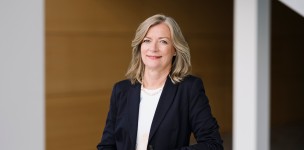
Christiane Laibach is the first woman to lead KfW Development Bank. Prior to that, she was the first female Managing Director of KfW subsidiary DEG, and before that, she was the first female Chair of the Management Board of another subsidiary, KfW IPEX-Bank. With a background in political economics, this makes her a pioneer not only at KfW, but also in the financial sector in general.
Christiane LaibachMs Laibach, today is International Women’s Day. What does this day mean for you?
Ms. Laibach: I think this day is important, especially as it is celebrated all over the world. It reminds us that we have achieved almost no real gender equality and equal participation of women. The day offers us the opportunity to reflect on where we are, what has already been achieved and what still needs to happen.
Has a lot already happened? Some people say that the trend is in reverse. What do you think?
In my opinion, a lot of progress has already been made. Some things may not change as fast as we would like, but I do see a clear development. However, it is not certain that progress will be maintained. This is demonstrated not least by the coronavirus pandemic in which we are seeing how women – even here in Germany – are increasingly being pushed back into their traditional role. This is why we must pay particular attention in phases like these to ensure that the progress we have made is not lost.
Why do things move so slowly? According to calculations by the World Economic Forum, it will take another 135 years at the current rate before we close the gender gap.
Unfortunately, this number has actually increased, not least due to the coronavirus. It was previously said to be around 100 years, which was also a lot. On the other hand, there are also around 100 years between the right to vote for women in Germany and today, and a tremendous amount has happened in that time. In cultural history, this is a relatively short period of time, but for individual women and their wishes and needs or missed life chances it is, of course, far too long.
Why do you think this is? The first World Conference on Women was held in Mexico in 1975. That’s almost 50 years ago – and we are still talking about the same problems.
The traditional understanding of gender roles is deeply rooted in many cultures. Breaking these down means changing customs, habits and values. These processes take a very long time. But they are possible. And, of course, the forces of inertia have to be overcome, because more equality also means that certain groups – especially men – must give up privileges. They are reluctant to do so; as a result, resistance is still very strong.
Do women sometimes also slow themselves down?
Certainly. They often have to overcome a role they have had since childhood. Even here in Germany, we are sometimes guilty of holding ourselves back.
Yet we know that there are many calculations that the world as a whole would be better off if women participated on an equal footing, not least economically.
That is true. Global economic power would increase. Incidentally, we also need women to help achieve the international sustainability goals. There is absolutely no doubt that we cannot reach the sustainable development goals without them. Women play a crucial role in development, especially in poorer countries. It is therefore not only the "right" thing to do, but also the smartest thing to do from an economic point of view. Specifically, companies with parity leadership generate a higher return on equity, ensure higher employee engagement and benefit from a better reputation and more diverse governance.
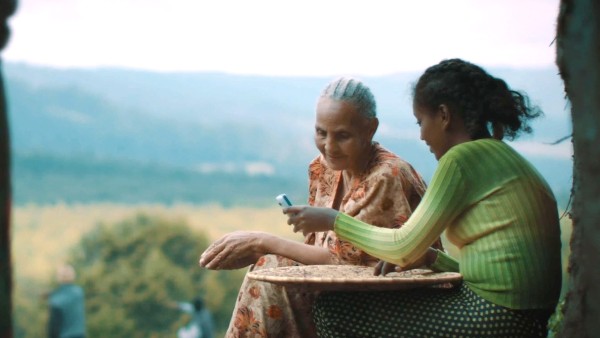
Well connected
With the cashless money transfer system M-Birr, rural women can also make financial transactions via their mobile phones without a bank account and without internet access - an important prerequisite for economic growth and prosperity.
Why is this the case?
Experience shows us that women are more reliable and more sustainable in the sense that they are interested in real progress, not least for their children. It sounds like a sweeping statement, but it’s actually true. Women think more about the long term, less about direct and individual consumption, and they are looking for ways and opportunities to achieve progress for themselves and their families. As a result, women are key drivers of development that cannot be achieved without them. And that’s why they are also indispensable for the SDGs.
Have you met women in poorer countries who impressed you in any way?
Yes, many times. Especially in my time at DEG, I met many female entrepreneurs who were very efficient and tough, and often quite successful, despite some of the most difficult circumstances. I remember an encounter in a village in Zambia, where I took part in what is known as an Exposure Programme. I was particularly impressed by a woman who had lost her husband and thus raised and fed her three children alone under very difficult conditions by cultivating her field.
New Federal Minister for Development Svenja Schulze is striving to achieve a feminist development policy. What inspiration does this give you for KfW?
It is about recognising the value of women in the advancement of societies and taking them into account accordingly. In the end, the aim is to ensure that all people have the same level of political, economic participation, regardless of gender or sexual orientation. At KfW, we strongly support this because it is the only way to improve living conditions for everyone – and this is our ultimate goal in development cooperation. But it is also clear that we all need to increase our efforts on the subject of women.
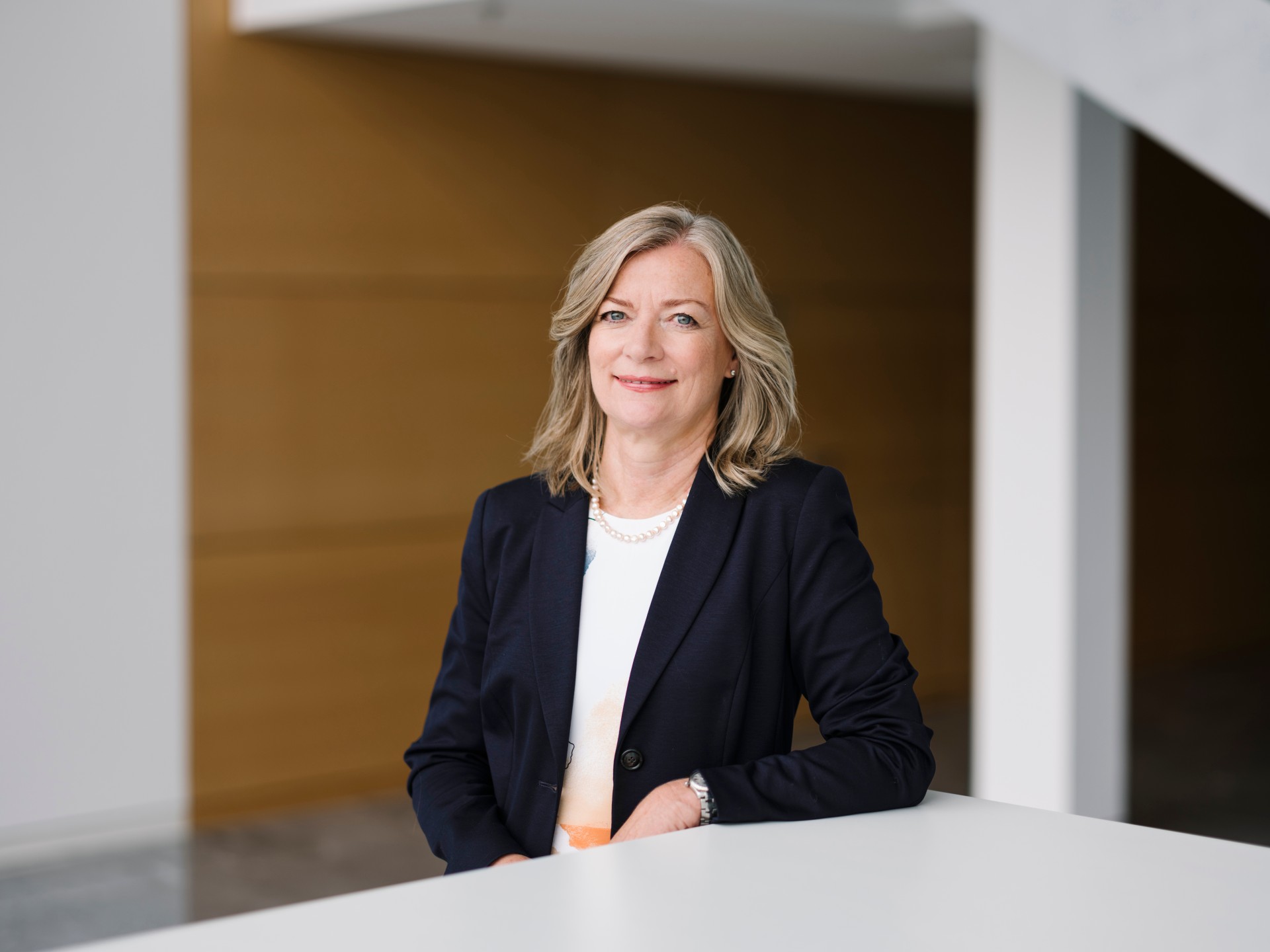
Christiane Laibach
KfW’s issues are considered to be more male: energy, infrastructure, finance. What role do women play in specific development cooperation projects?
This is a prejudiced view. Firstly, women also benefit greatly from gaining access to energy and electricity. Water pipelines and intact mobility also benefit them directly in their everyday lives. Schools and hospitals can immediately see the benefits in any case. But we also see the importance of involving women in the financial sector.
What exactly do you mean by involving them in the financial sector?
In many developing countries, a large proportion of people work independently in one way or another, as farmers, craftsmen, service providers or small entrepreneurs. This also applies to many women. It is important for them to have access to the financial sector, to be able to open a bank account, and perhaps also to obtain credit Giving them this opportunity is an important goal for KfW. And not just out of compassion or because we want to do good. We now know that this is also worthwhile for the participating banks. Women are a real business case, and as entrepreneurs, they are often very successful if they are given the opportunity. It is not without reason that KfW has been promoting the financial sector in many countries for many years, including microbanks, because a disproportionately large number of women benefit from this.
Isn't the banking world still very masculine?
It certainly is, at all levels, including the customers themselves. But studies show that women not only repay their loans more reliably, but also contribute to making the financial system more stable overall as bank managers. According to these studies, women only make up 40 percent of savers and borrowers, and only account for 2 percent of the top positions in banks. We are trying to counteract this, internally and externally.
You are also the first woman to reach the top of KfW Development Bank. Do you intend to increase the proportion of women at the bank?
I do, and that’s something that is very important to me. At KfW, we are already doing quite well; we have a quota of around 30 per cent in management. On the Executive Board, two of the five members are women, which is more than one-third. But one level below that, we still have some catching up to do. We want to work on this.
You personally or the entire Executive Board?
Both.
Have you ever felt discriminated against as a woman?
I have almost always worked in KfW’s international financing programmes, which meant that I had to deal with people from a wide variety of cultural contexts. I have not experienced any overt discrimination, for instance, based on the motto: I don't negotiate with a woman. But more subtle methods have been used, such as patronising behaviour, withholding information, but also non-verbal signs that attempt to establish clear hierarchies. In these circumstances, you have to stay cool and pursue your goals unwaveringly. Not least for this reason, however, I am particularly pleased that German development policy is very feminine today.
What do you mean by that?
Women can now be found at all levels of German development policy. This has never happened before. The Ministry of Development, the Ministry of Foreign Affairs and the Ministry of the Environment are managed by women, with Svenja Schulze, Annalena Baerbock and Steffi Lemke in charge there, respectively. And there are also two women at the top of the two large implementing organisations: Ingrid-Gabriela Hoven of GIZ and myself. This shows that things can change and do change for the better.
Published on KfW Stories 8 March 2023

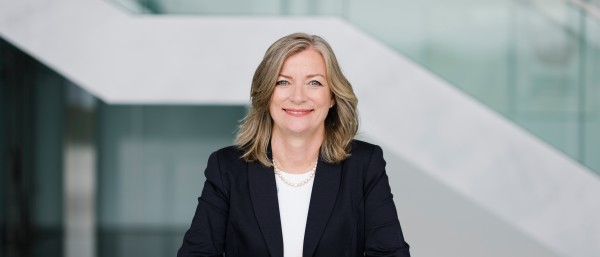
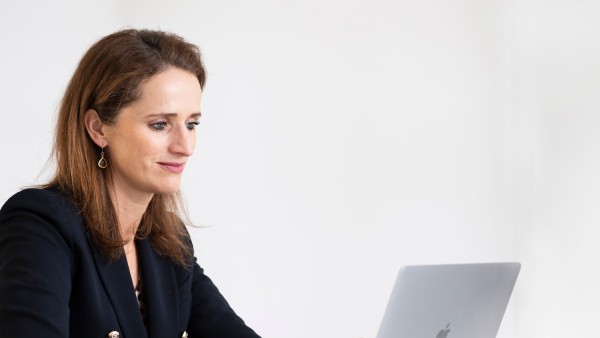
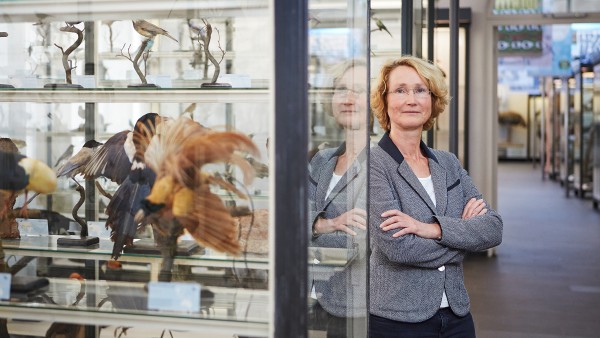
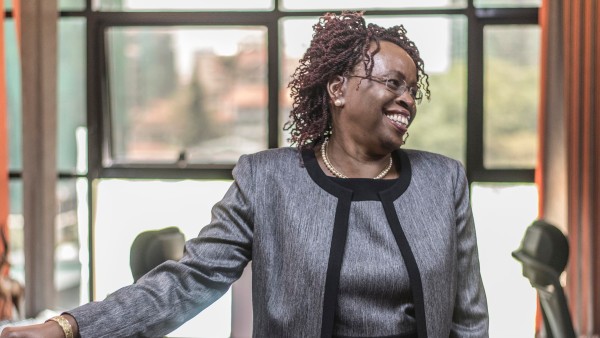
Data protection principles
If you click on one of the following icons, your data will be sent to the corresponding social network.
Privacy information